
 Instagram
Instagram
Why is My Stomach Bigger After Working Out?

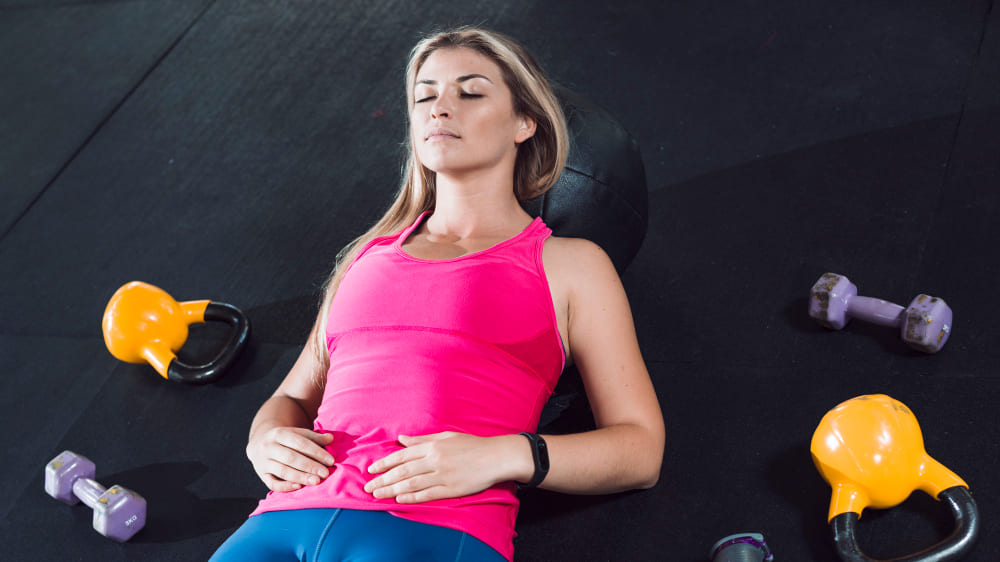
Related products

A bigger stomach after your workout may seem somewhat disturbing; however, this is usually expected in most people. This effect, in most cases, is temporary and can be attributed to a number of physiological factors that generally are not harmful. Knowing what the causes are will help dispel apprehension and eventually enable adjustments in exercise. In the world of sports performance, how your body looks and feels after a workout can be just as important as how it performs during one. Your stomach may appear bigger after working out due to temporary factors like inflammation from muscle repair, water retention aiding recovery, elevated cortisol levels, or gastrointestinal distress caused by intense exercise. These effects are usually short-lived and subside as your body recovers.
Inflammation and Muscle Repair
One major cause of a bulging stomach after exercise is inflammation. Any exercise, particularly vigorous or new ones, will cause micro-tears in muscle fibres," says Dr Sarah Lawson, a sports medicine physician. "This can lead to inflammation, which is actually a normal healing process." While this reaction is needed to heal the muscles, it may just cause temporary swellings—including in the abdominal area. This kind of inflammation, which is part of the healing process, can make your stomach look bigger right after exercise. To support muscle recovery and reduce soreness, adding a BCAA supplement like BioTechUSA BCAA + Glutamine Zero post-workout can help protect muscle tissue and speed up the repair process.
Water Retention After Exercise
The second factor contributing to this bloating is water retention. The body retains more water after exercise to help the recovering muscles. This can give the stomach the feeling of being bloated or distended. In a study appearing in the Journal of Applied Physiology, exercise-induced muscle damage sets off an inflammatory response—a.k.a. fluid retention within the tissues, including the abdominal muscles. Typically, this water retention is temporary, and your stomach will likely return to its normal size once your body has equilibrated its fluids. To stay hydrated without overloading your system, reach for something formulated for sports performance, like BioTechUSA Isotonic Orange Mango. It helps replenish electrolytes without causing excess bloating.
Cortisol and Stress Response
Exercise, and most importantly high-intensity exercise, can increase cortisol levels, which will also have an effect on abdominal size. According to endocrinologist Dr Emily Reid, "Cortisol is released with exercise, and increased levels can result in transient fat retention, particularly in the abdominal compartment." This doesn't explain the stomach becoming larger directly after exercise, but chronic cortisol elevation from too much exercise or other forms of stress may still promote increased abdominal fat.
To support natural hormonal balance during heavy training cycles, many athletes choose supplements like the Welzo Testosterone Supplement. While not a direct cortisol blocker, maintaining testosterone balance can help manage the effects of training stress on the body.
Gastrointestinal Pain and Bloating
Exercise bunts the digestion process, which typically leaves one feeling bloated and uncomfortable. Here's what Dr Mark Hyman, a gastroenterologist, says: "Intense physical activity diverts blood flow away from the gastrointestinal system, which may lead to bloating, gas, or digestive discomfort." Typically, it's this shift that is responsible for the temporary stomach bloat after exercise at higher intensities or duration. To avoid this, opt for easily digestible workout fuels. Naughty Boy Summer Vibes Amino EAA – Pink Lemonade is a great intra-workout choice that supports muscle recovery without heavy carbs or artificial fibres that often cause bloating.
Fluid and Food Intake
Other factors that may impact stomach size would be how much and what one has consumed – fluids or food, during exercise or even on other days. Of course, proper hydration is important, but too much water or sports drinks will cause the stomach to expand temporarily and unnaturally if one consumes it within a very short period of time. Additionally, protein shakes or energy bars that have a lot of fibre or artificial sweeteners will become a chief cause of bloating, particularly in individuals who do not normally digest their ingredients.
Intensity of bloating after exercise: Statistics indicate that the bloating one gets after exercise is rather common. Indeed, a 2019 study published by the American Council on Exercise reported that about 45% responded that they felt bloated following high-intensity exercise. That means it could be a really universal phenomenon, driven by some strong interaction of the following powerful factors: water retention, inflammation, and digestion issues. To avoid this, consider switching to clean, well-formulated sports supplements like the Nutrend Pump Pre-Workout – Tropical Blend. It supports sports performance without bloating-inducing fillers or excessive stimulants.
Conclusion
Generally, bloating that develops immediately after exercise is not dangerous and has to resolve within a few hours or days. However, if the bloating persists and is very painful, then that can be a sign of some serious underlying health problem that calls for medical attention. One needs to listen to his body and modify workouts or diet appropriately in a bid to reduce discomfort and improve prospects of successful recovery. To helps with recovery and more find out about Foam Roller: Benefits and How to Use.


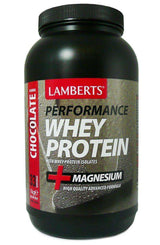
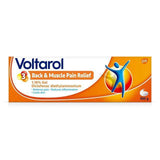

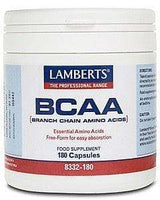



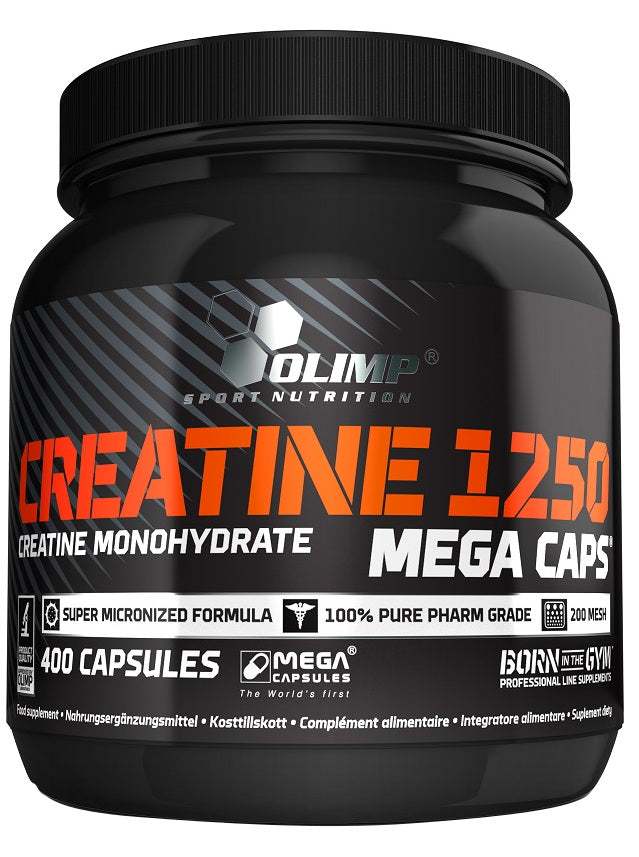
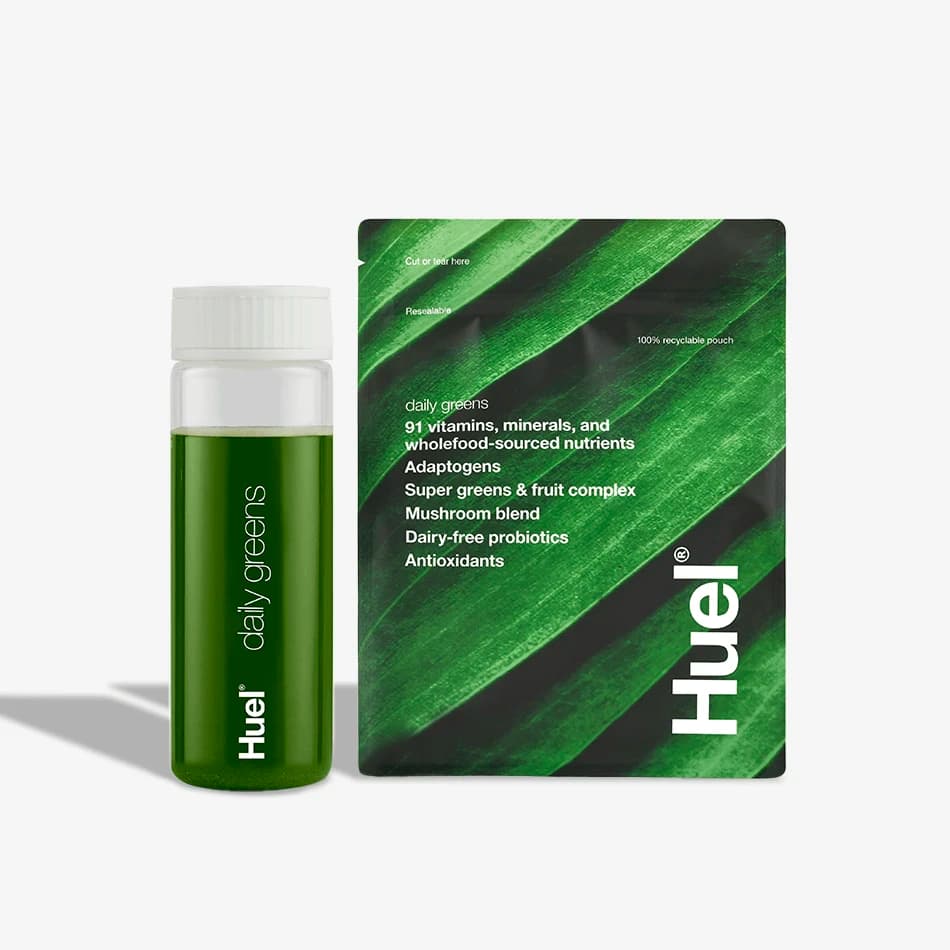
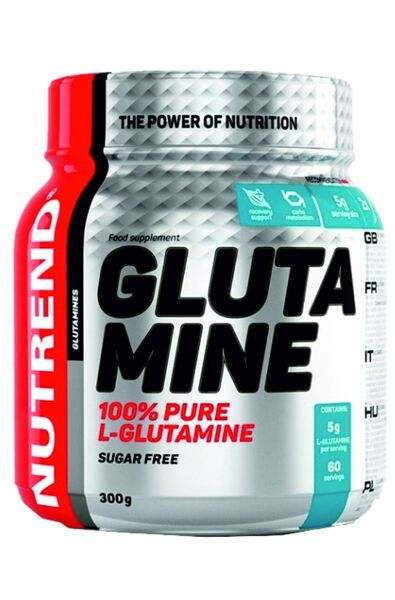
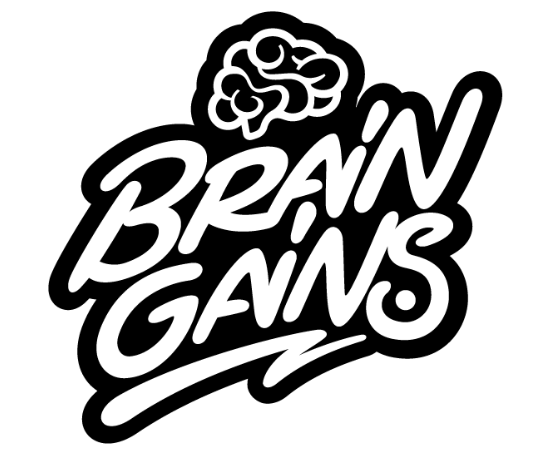
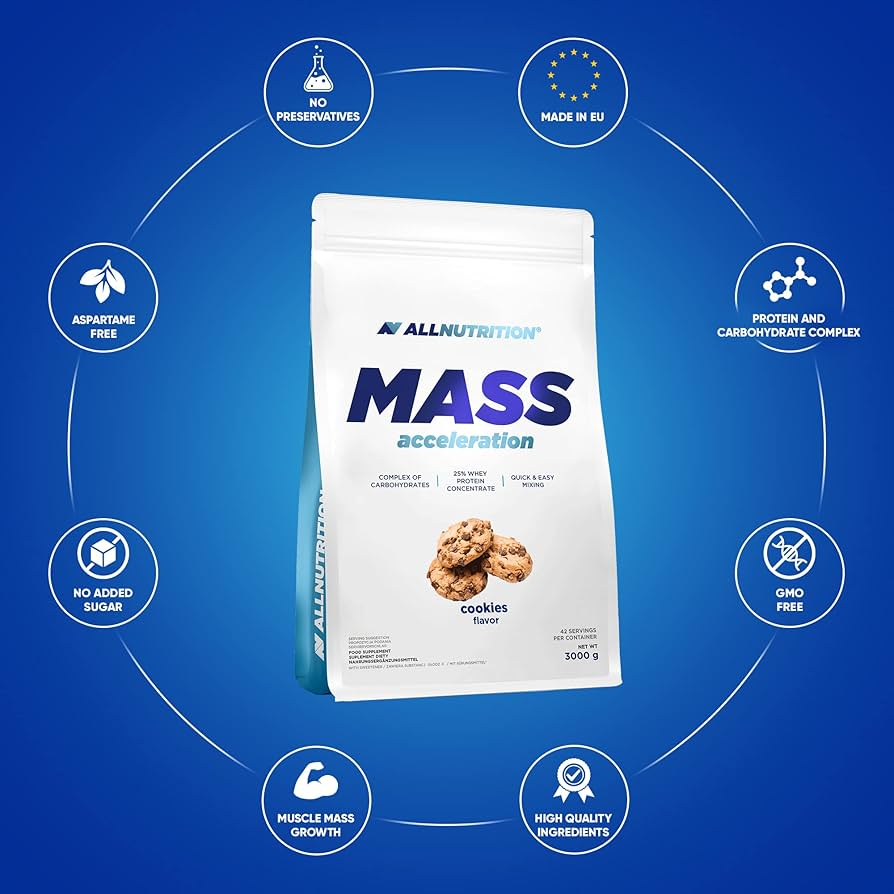





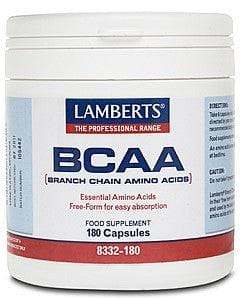


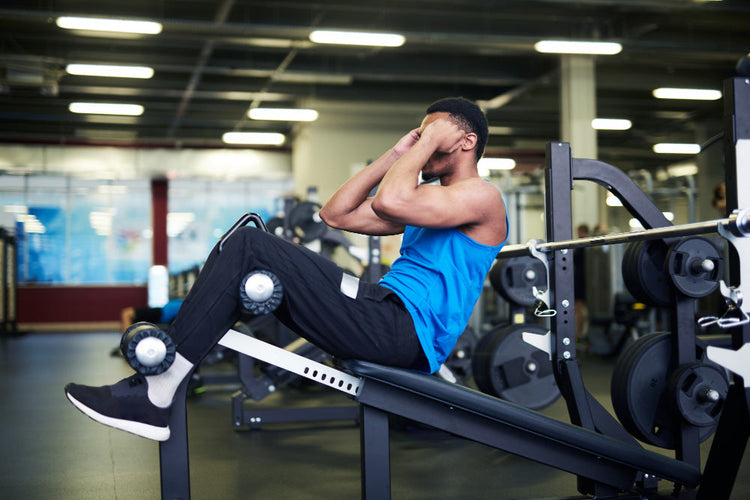
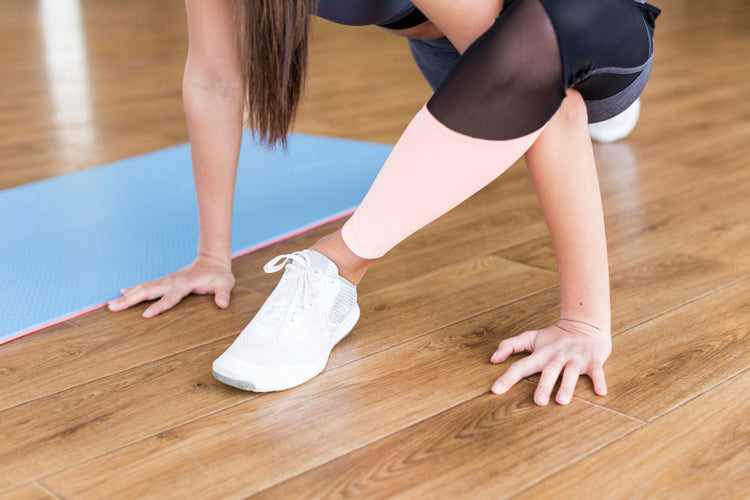
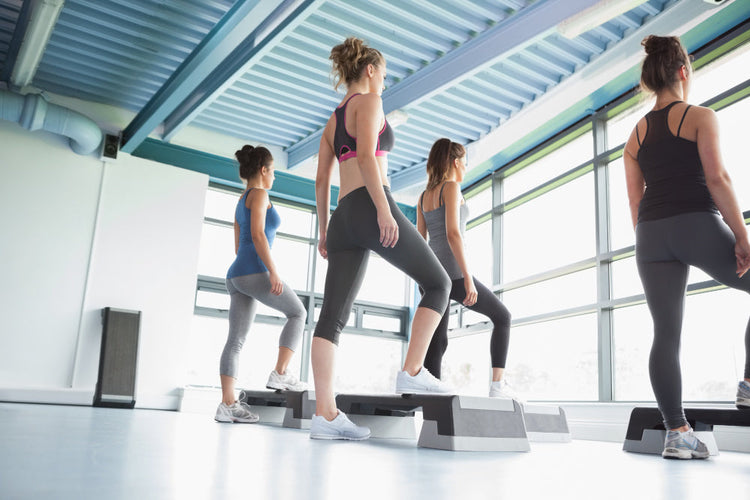
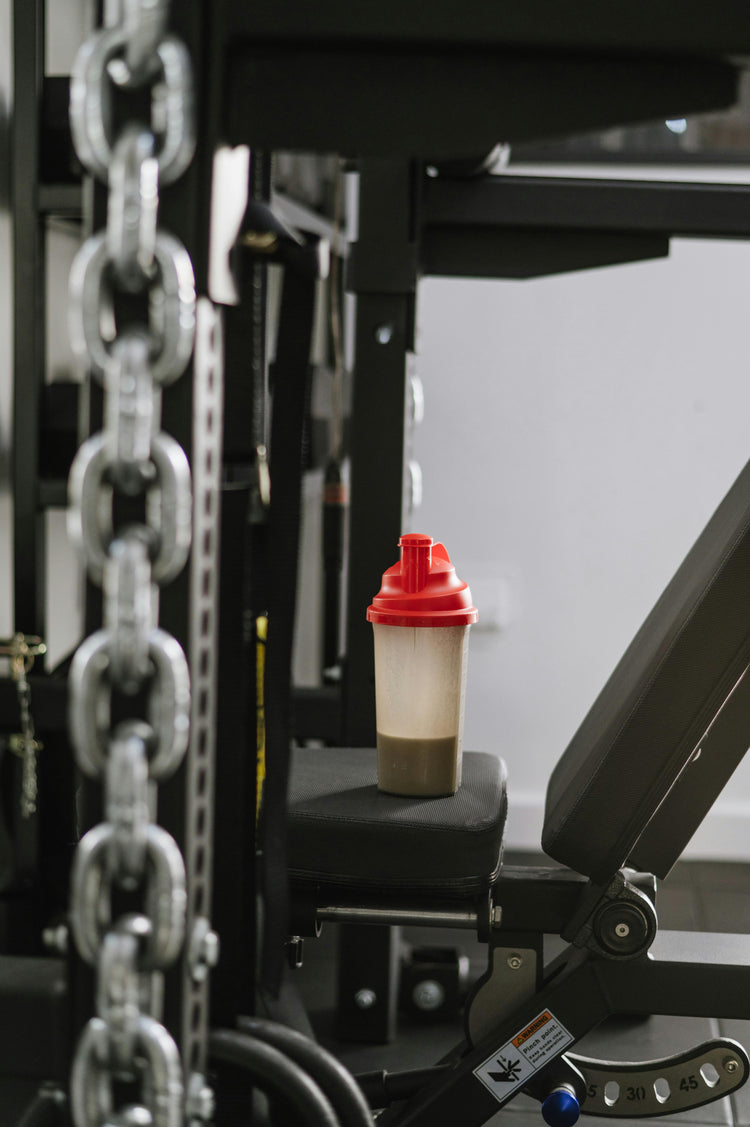
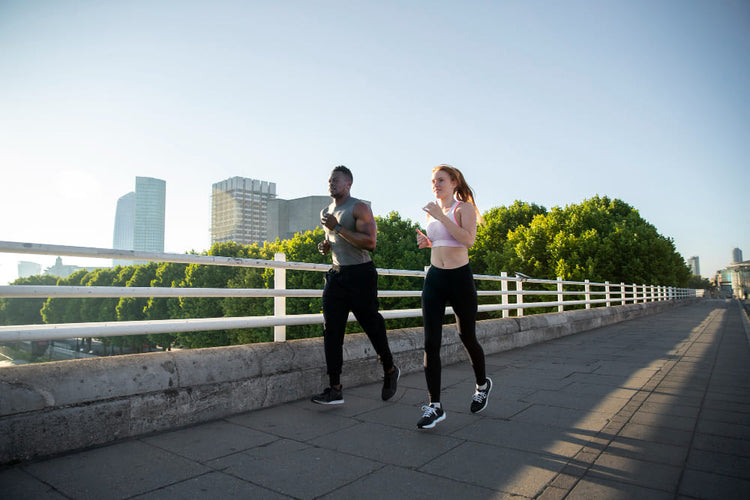
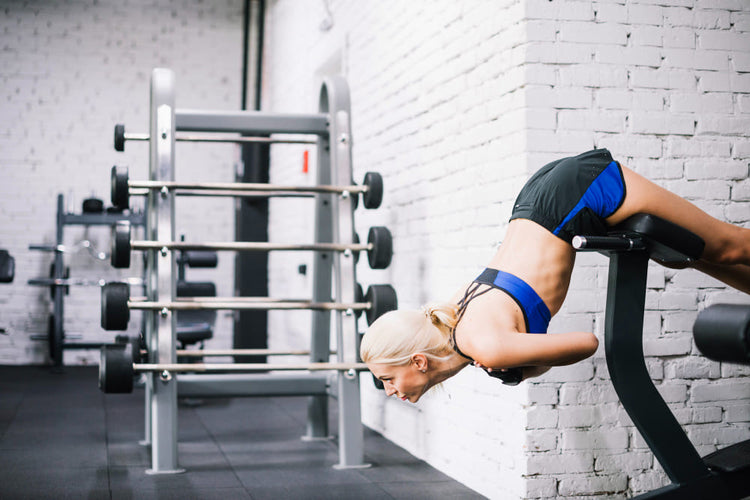
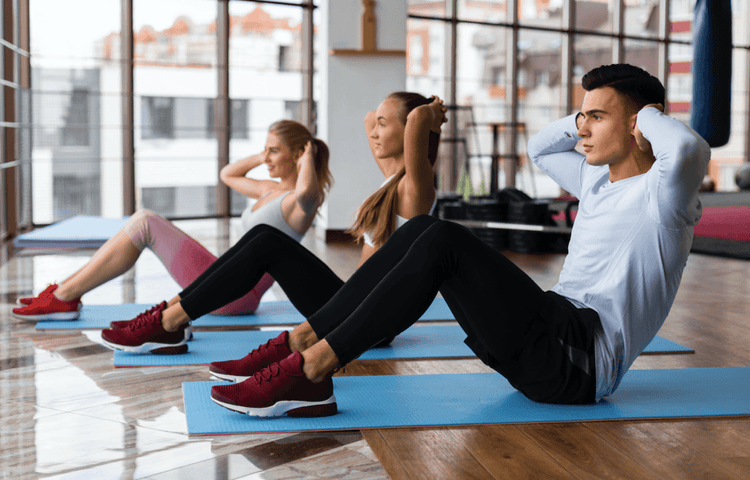
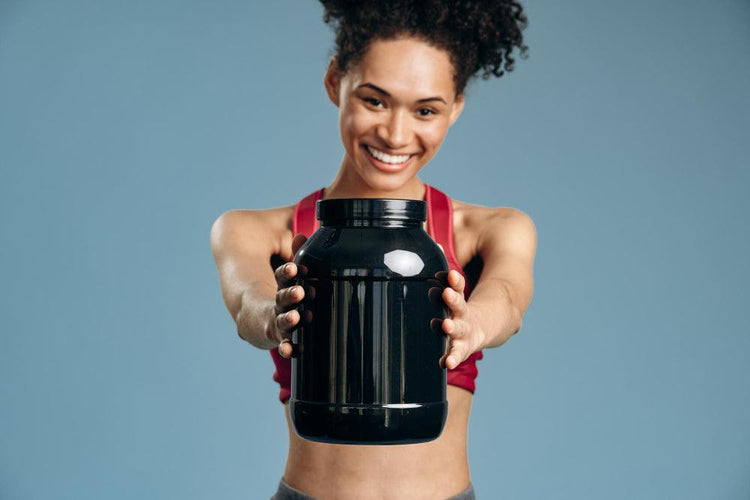
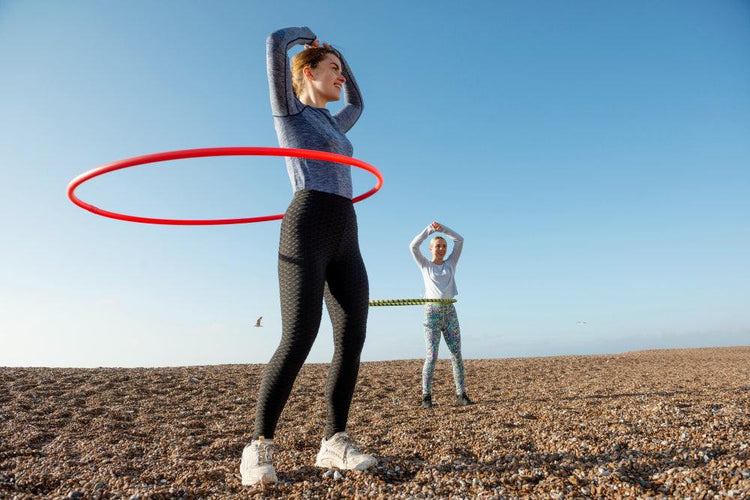
 Rated Excellent by 26,523+ Reviews
Rated Excellent by 26,523+ Reviews